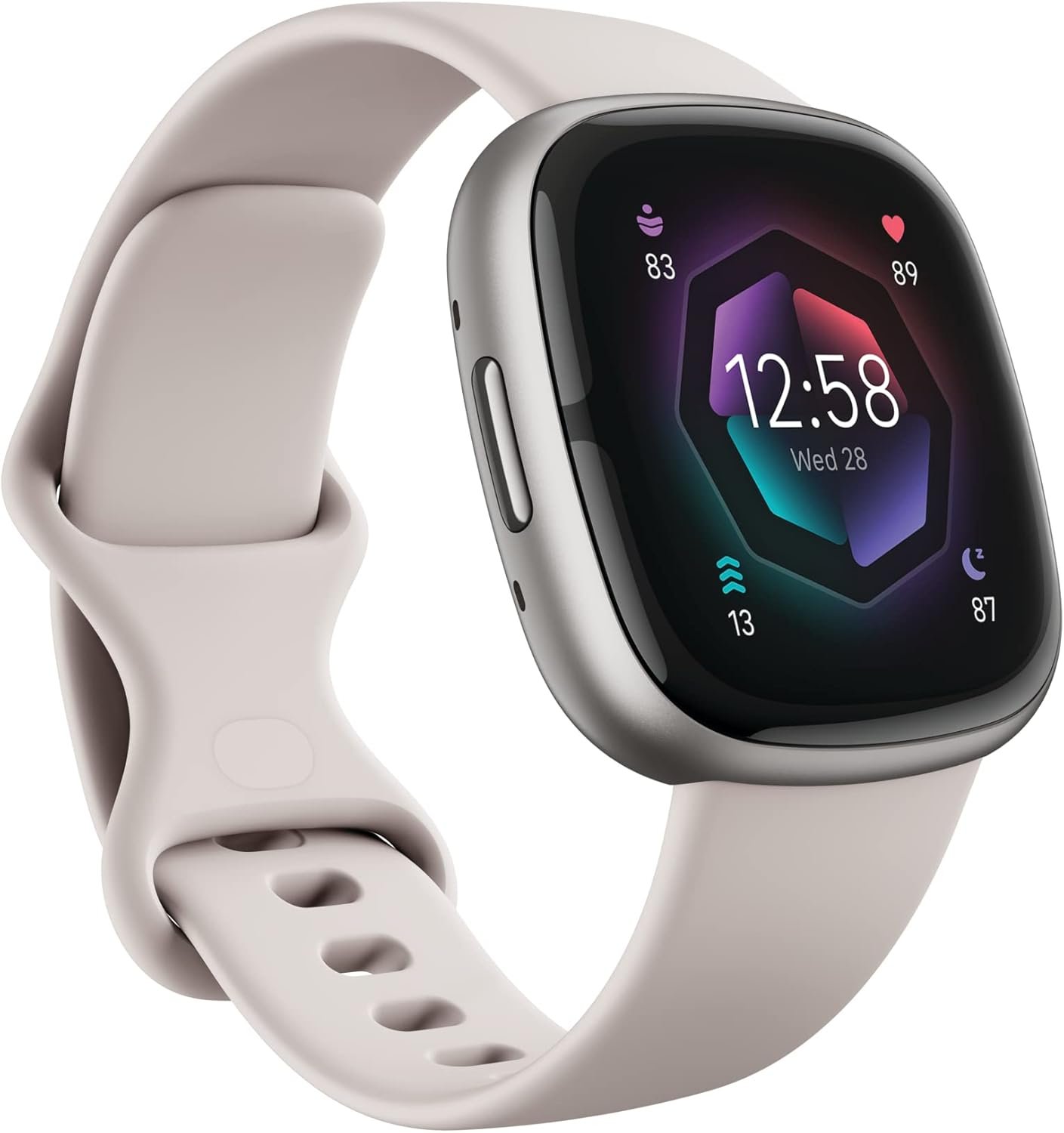Introduction to Android Tablets and Apple iPads
In the rapidly evolving world of technology, tablets have established themselves as essential devices that merge portability with functionality. Among these devices, Android tablets and Apple iPads stand out as two of the most prominent options available to consumers. Android tablets run on the Android operating system, developed by Google, while Apple iPads utilize the proprietary iOS, providing a distinct user experience for each platform.
Android tablets come in various sizes and configurations, catering to diverse user preferences and budgets. The open-source nature of the Android operating system allows multiple manufacturers, such as Samsung, Lenovo, and Amazon, to produce devices with differing specifications, features, and price points. This variety enables consumers to choose from a wide range of tablets, each tailored to specific needs, whether for entertainment, productivity, or education.
On the other hand, Apple iPads are known for their sleek design, robust performance, and seamless integration with Apple’s ecosystem. The iPad lineup features several models, including the standard iPad, iPad mini, iPad Air, and the high-end iPad Pro, each equipped with unique capabilities and targeted at different market segments. iPads have earned a reputation for their high-quality display, intuitive user interface, and accessibility, making them particularly appealing to both casual users and professionals alike.
This comparison of Android tablets and Apple iPads is not merely academic; it holds practical relevance for potential buyers seeking the best device for their needs. As consumers navigate their purchasing decisions, understanding the distinguishing features, usability, and marketplace significance of these two major tablet categories becomes vital. By analyzing the key attributes of Android tablets and iPads, consumers can make informed choices that align with their lifestyle and preferences.
Operating Systems: Android vs. iOS
The choice of operating system plays a significant role in the user experience of both Android tablets and Apple iPads. Android, developed by Google, is known for its flexibility and extensive customization options. Users can tailor their home screens, choose default applications, and access a vast array of widgets and third-party applications. This openness allows for a diverse range of device options and configurations, making it appealing to users who enjoy personalization.
On the other hand, iOS, the operating system for Apple iPads, is designed for simplicity and ease of use. The interface is sleek and intuitive, offering a consistent experience across all devices. Unlike Android, iOS restricts extensive customization, which contributes to its reputation for stability and reliability. Apple’s curated App Store ensures that applications undergo thorough vetting, resulting in fewer instances of malware compared to the Google Play Store. However, this limited app availability does mean that users may not find certain niche products that are present on Android.
Both operating systems have their unique advantages in terms of app availability. The Android ecosystem operates on a larger scale, with numerous applications available, often at lower or no cost. In contrast, iOS applications frequently offer a more polished experience due to Apple’s developer guidelines but may come with a higher price tag. This discrepancy can have significant implications for users, particularly those who prioritize a particular type of application or service.
Ultimately, the choice between Android and iOS boils down to personal preference. Users who value customizability and a broad selection of applications may find Android tablets more appealing, while those who seek stability, simplicity, and a tightly integrated ecosystem might gravitate towards the Apple iPad. Each operating system brings distinct characteristics that shape the overall usability of their respective devices.
Performance and User Experience
When comparing the performance capabilities of Android tablets and Apple iPads, it is essential to evaluate various factors that contribute to the overall user experience. Both platforms offer distinct advantages, influenced largely by their respective operating systems, which impact speed, multitasking, and app optimization.
Apple’s iPad typically boasts superior performance due to its custom silicon, which is optimized for the iOS environment. The integration of hardware and software allows iPads to deliver faster processing speeds, resulting in smooth operation even with demanding applications. Additionally, iPads tend to excel in multitasking capabilities, enabling users to run multiple applications seamlessly side-by-side. The software is meticulously optimized, ensuring that apps run efficiently without significant battery drain.
In contrast, Android tablets present a wider variety of hardware options due to their availability across numerous manufacturers. While high-end Android tablets may match or even surpass iPads in terms of raw specifications, the performance can be inconsistent due to variations in software optimization. Ensuring apps run smoothly across various devices can be challenging, leading to potential issues with multitasking or responsiveness on mid-tier or budget models.
Software updates and longevity of support are crucial considerations for consumers, as they directly impact the long-term usability of the device. Apple has a reputation for providing regular software updates for its iPads, often supporting devices for several years post-release. In contrast, Android tablets tend to receive inconsistent updates, often contingent on the manufacturer. This disparity can influence users’ decisions, particularly for those who value prolonged support and enhanced security.
Overall, while both Android tablets and Apple iPads have unique strengths, Apple’s ecosystem tends to offer a more cohesive performance experience. However, consumers may find compelling options within the Android market, particularly for specific use cases or budgets. This comparison underscores the importance of understanding how performance and user experience can significantly differ between the two platforms.
Design and Build Quality Comparison
When comparing the design and build quality of Android tablets and Apple iPads, several key factors come into play, including material quality, weight, ergonomics, and aesthetic appeal. Apple’s commitment to premium materials is evident in the construction of their iPads, which typically utilize a combination of aluminum and glass. This not only enhances durability but also contributes to a sleek and modern appearance that many users find appealing. The iPad’s unibody design offers a seamless look and feel, which is a hallmark of Apple’s products.
In contrast, Android tablets vary widely in design and material quality, as they are produced by numerous manufacturers. Some high-end models, such as those from Samsung, feature robust builds with metal frames and Gorilla Glass displays. However, many budget-friendly Android tablets are made with plastic casings, which can feel less premium and may lack the durability of their Apple counterparts. This disparity can make it challenging for consumers to make a fair assessment of Android devices on the basis of design alone, as the quality can range significantly from one manufacturer to another.
Weight and ergonomics also play a crucial role in determining the user experience. The iPad is generally recognized for its lightweight design, which makes it more comfortable to hold for extended periods. In comparison, some Android tablets can feel heavier, depending on their size and materials used. This can affect usability, particularly for tasks requiring prolonged interaction, such as reading or watching videos. Additionally, the aesthetic appeal of a device can influence purchasing decisions; while Apple’s design language is consistently minimalistic and elegant, Android tablets may exhibit a wider variety of styles, colors, and finishes.
Ultimately, the choice between an Android tablet and an Apple iPad regarding design and build quality will depend on personal preference and specific usage needs. Understanding the differences in materials, weight, and aesthetics is vital for consumers evaluating their options in this competitive market.
App Ecosystem: Availability and Variety
The app ecosystems of Android tablets and Apple iPads present users with distinct experiences characterized by varying availability and variety of applications. Apple’s App Store has long been recognized for its curated selection of high-quality applications, particularly in the realms of productivity and creativity. The rigorous screening process ensures that users often encounter polished and feature-rich applications that can significantly enhance their iPad experience. Popular tools such as Final Cut Pro and Logic Pro, alongside various industry-standard applications, are solid reasons many professionals opt for iPads in production environments.
Conversely, the Google Play Store caters to a broader audience with a more extensive range of applications. While the volume of apps available on Android tablets is impressive, the quality can be more varied due to the open nature of the platform. However, this diversity allows users to discover unique and specialized applications that may not be present on Apple’s platform. For example, Android often features numerous applications tailored for niche markets, such as specific gaming genres or experimental productivity tools.
Both ecosystems boast strong offerings in the entertainment sector, with popular streaming services and gaming applications readily available. However, the integration of specific apps may sway a user’s preference; certain apps launch first or remain exclusive to Apple devices. This can be pivotal for users in fields where particular software is essential. Ultimately, the choice between the two platforms may hinge on the user’s needs – whether that be a curated professional experience through the iPad or a diverse, exploratory approach available on Android tablets. The intersection of apps, productivity, and entertainment creates a unique dynamic that influences the final decision for potential users.
Pricing: Cost Differences and Value
When comparing Android tablets and Apple iPads, pricing is a critical factor that influences consumer choice. Apple’s iPad lineup generally spans a premium price range, starting from around $329 for the base iPad, while their higher-end models like the iPad Pro can exceed $1,000. These prices reflect Apple’s reputation for quality, integrated hardware, and the user-friendly iOS ecosystem, which draws many consumers seeking a premium experience.
In contrast, Android tablets present a broader spectrum of pricing options. The market includes budget-friendly devices that can be found for as little as $100, such as the Amazon Fire series, which serves users looking for basic functionalities without a hefty price tag. Mid-range Android tablets, such as those from Samsung and Lenovo, typically fall within the $300 to $600 range, offering an attractive balance of performance and affordability. Moreover, high-end Android tablets, like the Samsung Galaxy Tab S series, can rival the price of iPads, reaching about $999 for the latest models with cutting-edge specifications.
Value for money is another essential aspect of the pricing discussion. The Apple iPad often ensures a lower total cost of ownership due to its longevity and robust app ecosystem, which provides seamless software updates for several years. Conversely, Android tablets may present a more cost-effective initial investment, particularly for casual users or those seeking an introductory device. However, potential longevity concerns and variability in customer support can detract from their long-term value.
Ultimately, consumers must assess their personal needs and how much they are willing to invest. Whether seeking a budget option or a high-end powerhouse, both Android tablets and Apple iPads offer diverse choices, emphasizing the importance of evaluating the relationship between cost and value before making a purchase decision.
Which One is Better? A Subjective Discussion
When considering the question of whether Android tablets or Apple iPads are superior, it is essential to acknowledge the subjective nature of this comparison. Each platform offers a unique ecosystem, and the determination of which is better hinges on individual usage patterns, preferences, and requirements. This section delves into how varying user needs influence the choice between Android tablets and iPads.
For instance, users who prioritize customization may gravitate towards Android devices, which typically offer a more flexible interface with options to modify the user experience extensively. Android tablets allow for a broader selection of hardware from various manufacturers, giving consumers more choices concerning pricing and specifications. Such freedom can be particularly appealing to tech-savvy individuals who enjoy tailoring their devices to fit personal tastes and work habits.
Conversely, Apple iPads tend to emphasize a seamless integration between hardware and software, resulting in an intuitive and streamlined experience. This is often preferred by users who value reliability and ease of use over customization options. The iOS ecosystem provides regular updates and robust security features, which may attract professionals and casual users alike looking for a stable platform for productivity and entertainment.
Furthermore, the selection of applications can also play a crucial role in differentiating user experiences. iPads generally have a more polished selection of apps designed specifically for the tablet form factor, enhancing their effectiveness for tasks such as graphic design or video editing. Meanwhile, Android tablets present an extensive library of apps that can cater to different preferences, allowing users to find tools that precisely meet their needs.
Ultimately, the decision of which tablet is better rests on an individual’s specific circumstances and priorities. Thus, it is crucial to weigh these factors carefully when making a choice between Android tablets and Apple iPads.
Personal Preference: Which Would You Choose?
When it comes to choosing between Android tablets and Apple iPads, personal preference plays a significant role in the decision-making process. Each platform offers unique features, strengths, and weaknesses, which can cater to varying user needs and expectations. To make an informed choice, potential buyers should consider a few guiding questions that may help clarify their priorities.
Firstly, think about your primary usage scenario. Are you looking for a device primarily for media consumption, such as streaming videos or reading e-books? Or do you need a tablet for productivity tasks such as document editing and multitasking? Users who prioritize creativity may lean towards iPads, which offer a robust ecosystem of applications particularly suited for graphic design and video editing. Conversely, Android tablets provide a broader selection of devices at various price points, which may appeal to budget-conscious individuals.
Another vital aspect to consider is the operating system’s user interface. Do you appreciate the seamless integration of hardware and software found in Apple products? Or do you prefer the customization options available in Android’s operating system? Some users prefer the Apple ecosystem for its stability and user-friendliness, while others enjoy the flexibility and choice that Android offers.
Real experiences can also help guide your decision. For instance, a user named Sarah shared that her iPad has significantly enhanced her productivity due to its intuitive interface and access to professional-grade applications. On the other hand, James expressed satisfaction with his Android tablet, stating it fits his diverse needs and easily integrates with other devices in his home. Such testimonies illustrate the importance of personal requirements and preferences in choosing the right device.
Ultimately, evaluating individual usage needs can lead to a more satisfying tablet experience, making it essential to reflect on what features matter most to you before making a decision.
Conclusion
In conclusion, the choice between Android tablets and Apple iPads ultimately hinges on individual needs, preferences, and the specific usage scenarios one envisions. Several key points were highlighted throughout this comparison, emphasizing the strengths and weaknesses of both platforms. Android tablets offer a diverse range of devices that cater to various budgets and functionalities. Their flexibility aligns well with users who appreciate customization and the ability to tailor their devices. However, this variety can sometimes lead to inconsistencies in app performance and user experience.
On the other hand, Apple iPads are renowned for their exceptional build quality, seamless integration with the Apple ecosystem, and a user-friendly interface. iPads tend to offer a robust selection of high-quality applications, benefiting those who prioritize excellent performance for tasks such as creative work or productivity. Nevertheless, the higher price point may be a deterrent for some consumers, making it essential to weigh these factors carefully.
As you navigate through the decision-making process, consider aspects like operating system preferences, intended use, required applications, and budget constraints. Each platform has distinct advantages that can cater to different user needs, so thoughtful evaluation is crucial. Thank you for engaging with us on this comprehensive comparison. We hope this article has equipped you with the necessary insights to make an informed decision regarding your next tablet purchase.
Should you have any further questions or wish to share your experiences, please do not hesitate to reach out. We value your perspective and encourage you to check back for more informative articles in the future, tailored to enhance your technology knowledge.



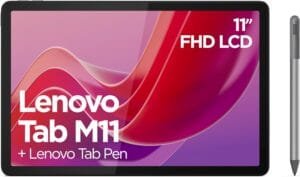
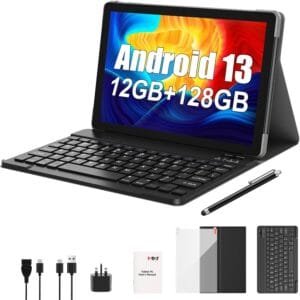
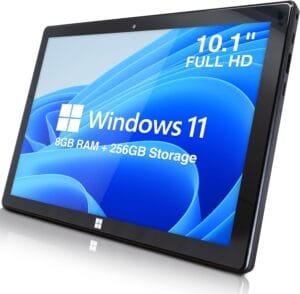
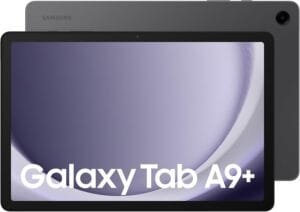


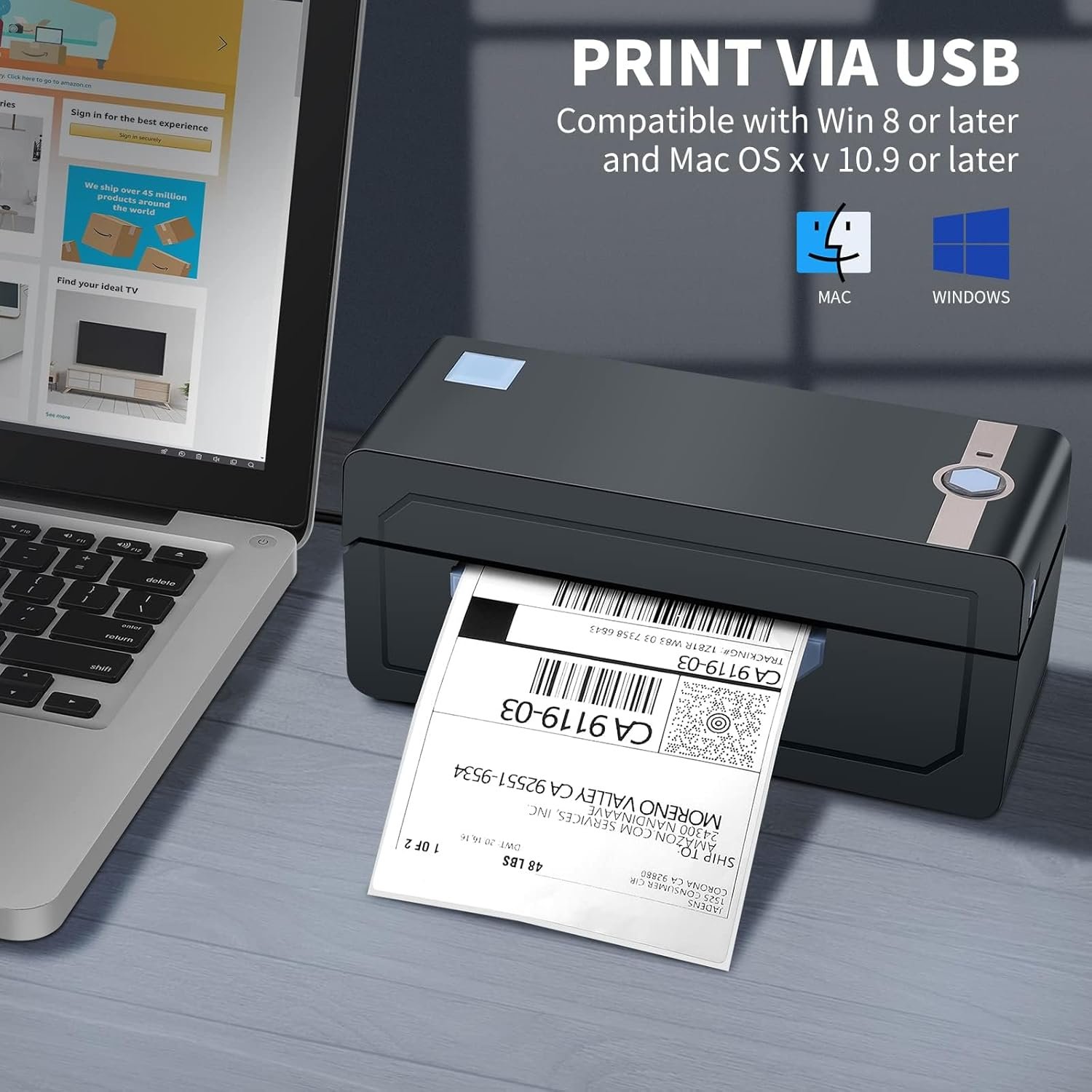


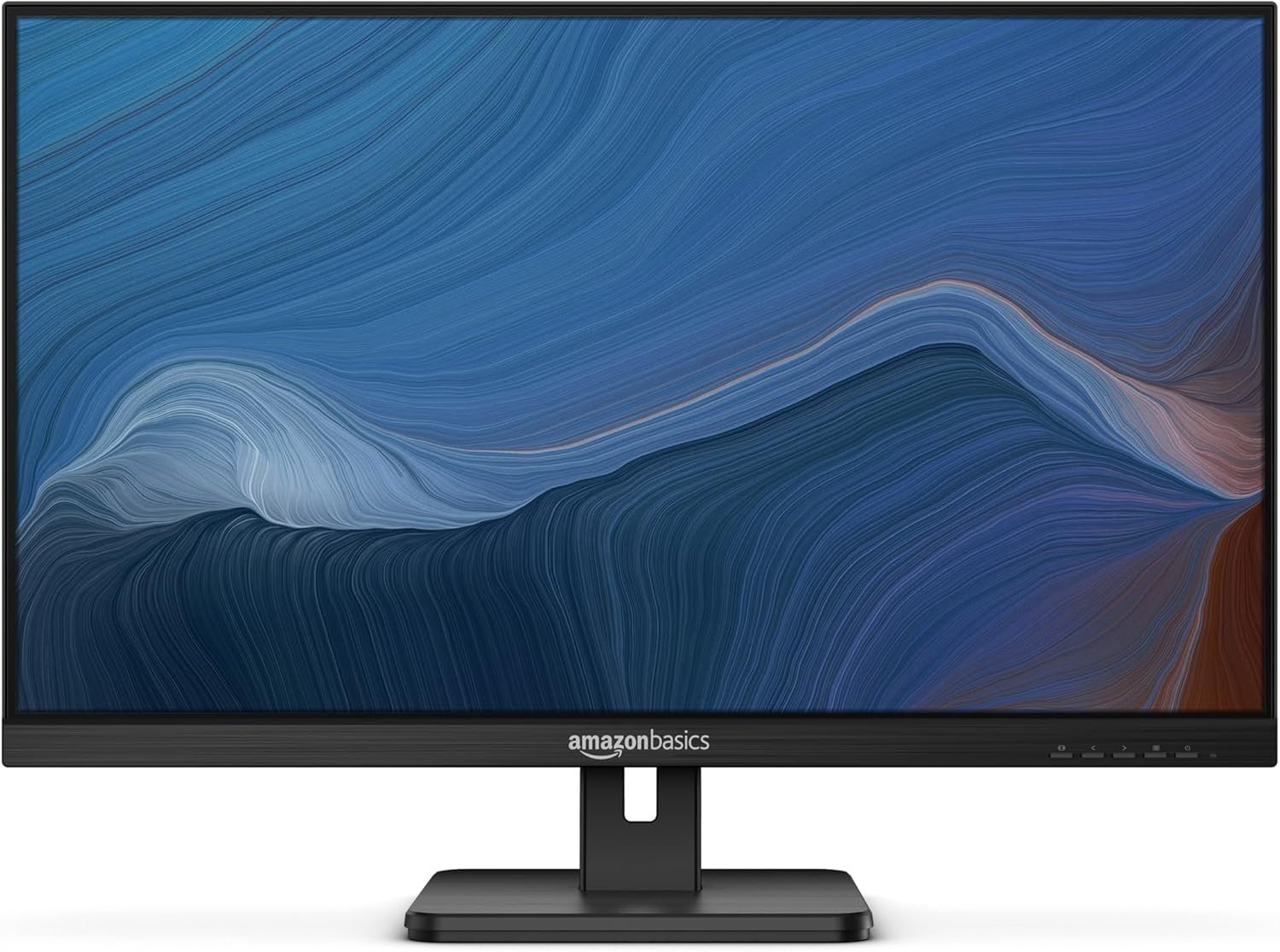

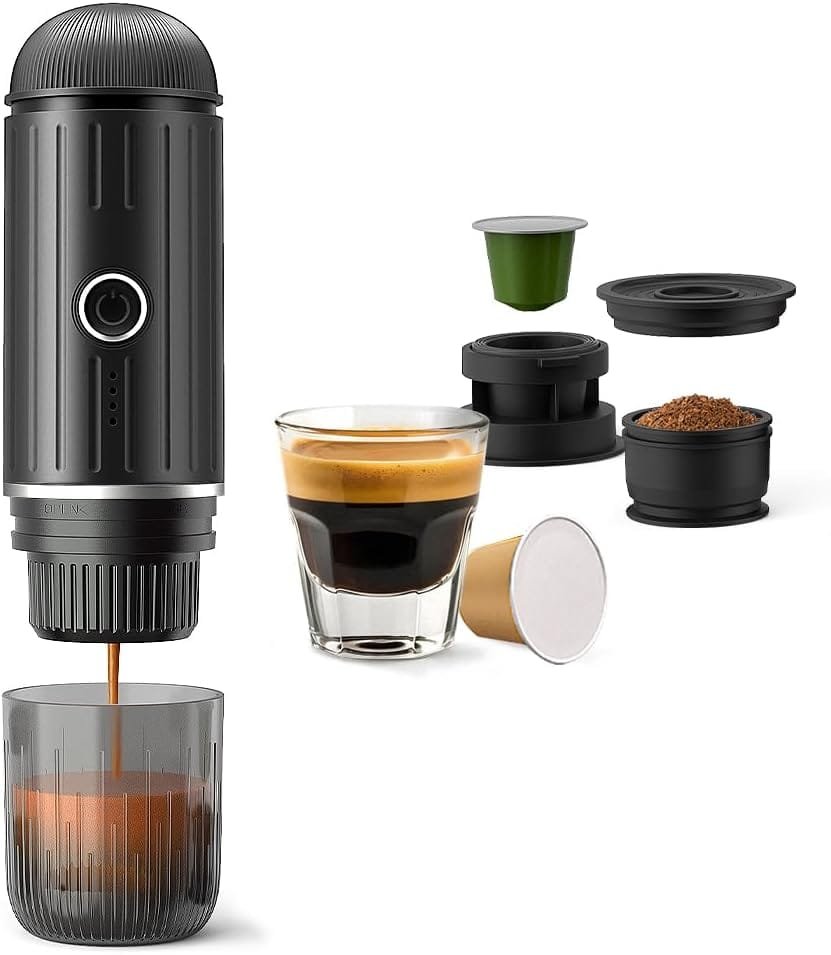


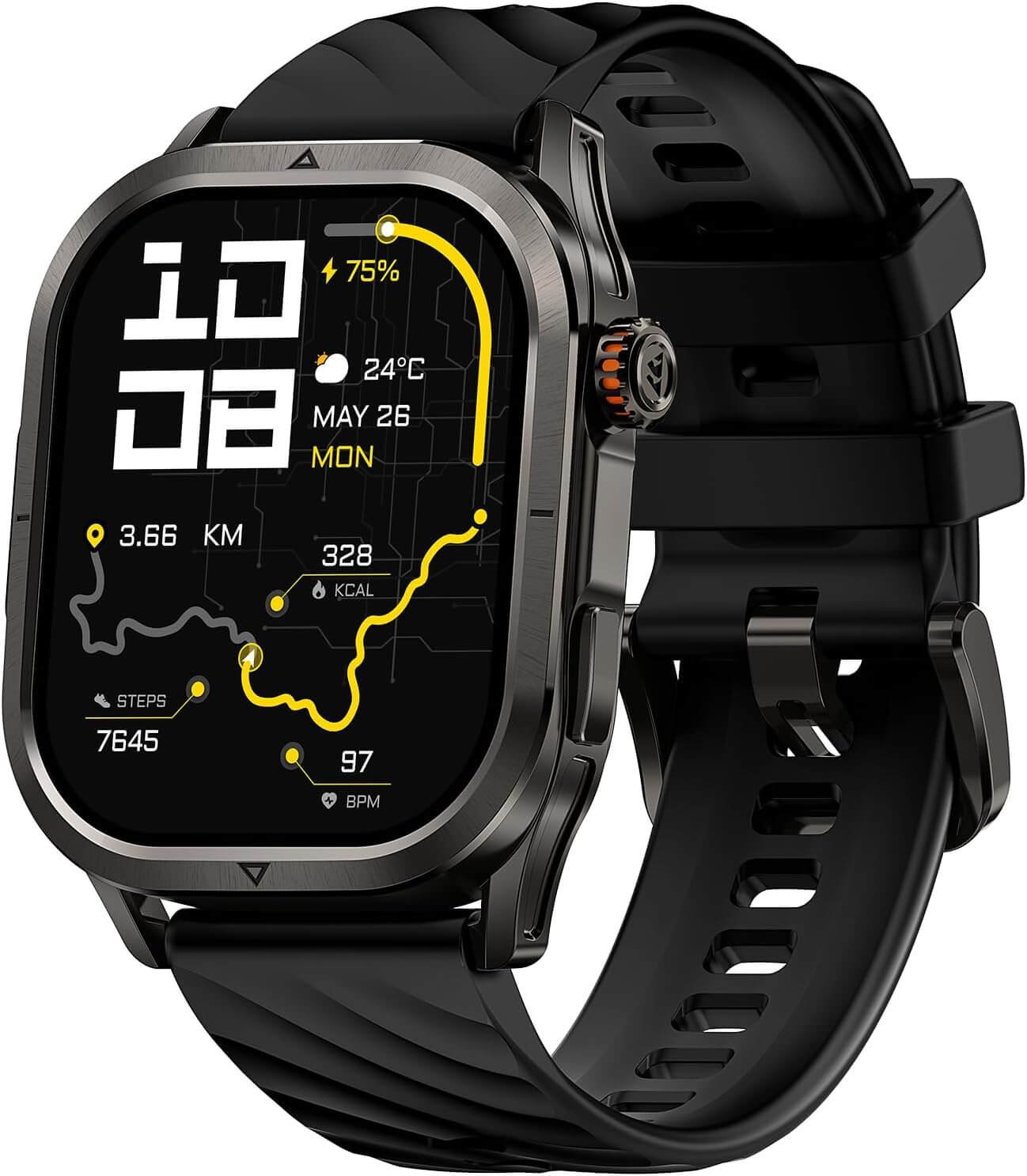




![Samsung Galaxy Buds 3 Pro AI True Wireless Bluetooth Earbuds, Noise Cancelling, Sound Optimization, Redesigned Comfort Fit, Silver [US Version, Amazon Exclusive, 2Yr Warranty]](https://product-reviews-today.com/wp-content/uploads/2025/07/Samsung-Galaxy-Buds.jpg)

